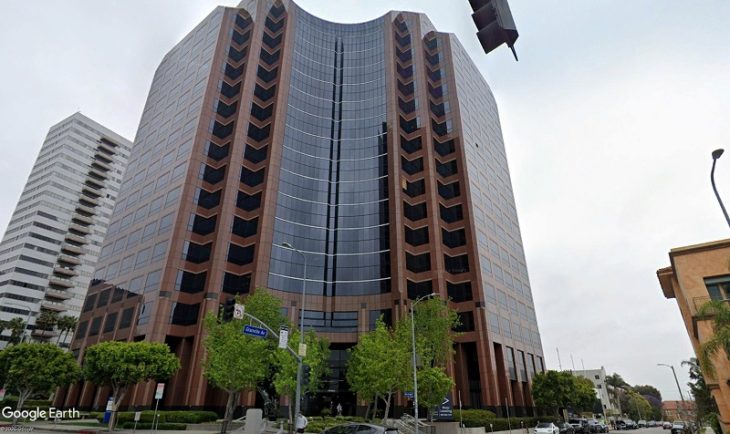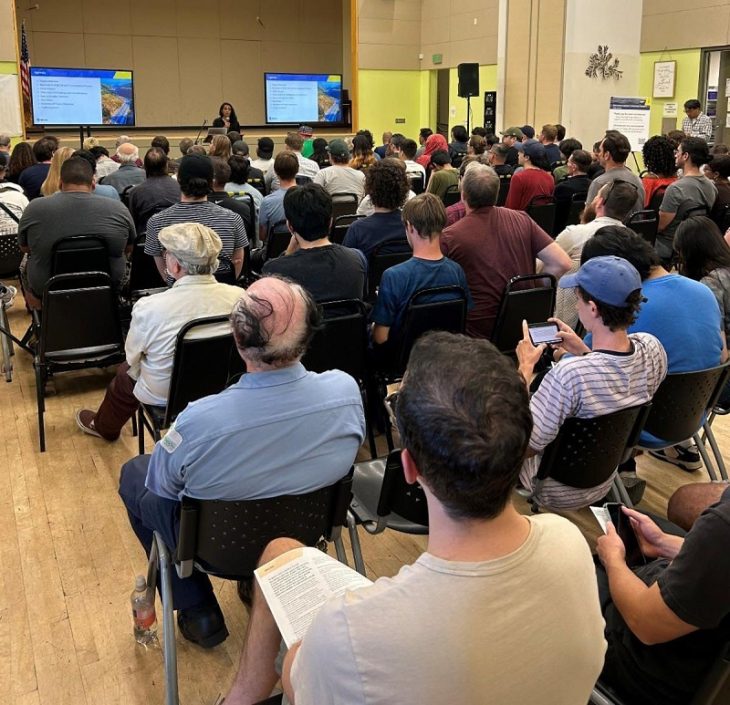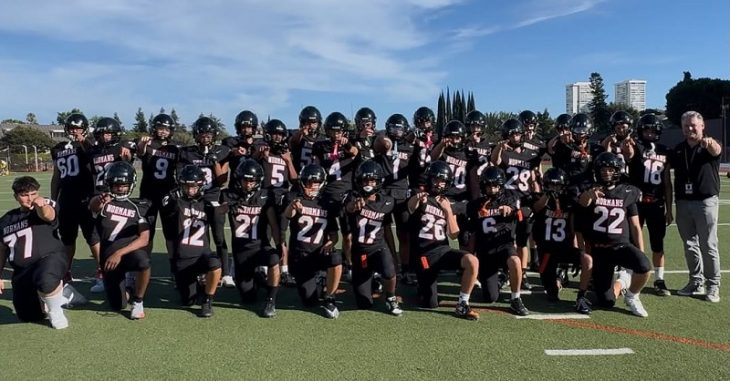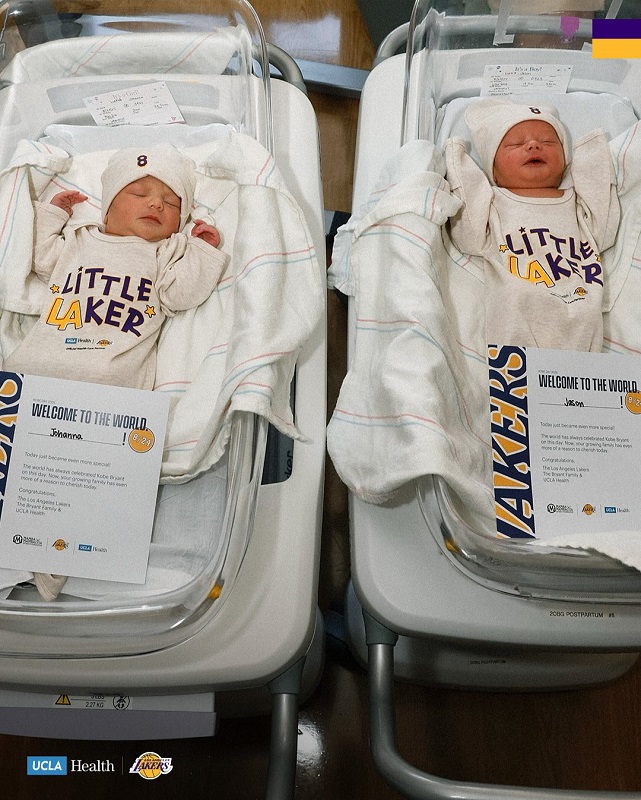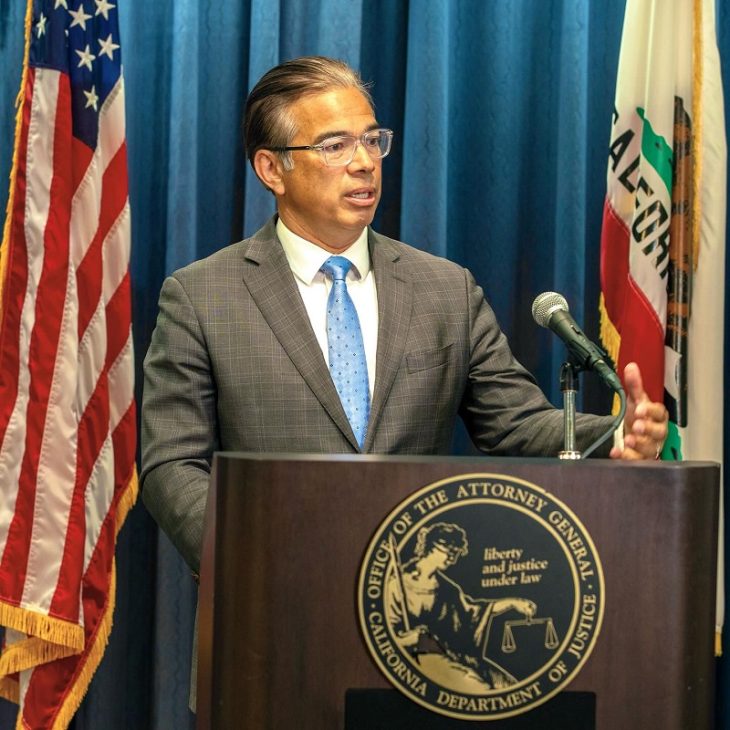By Tom Elias
The revolving door in Sacramento is decisively alive and well today, but there’s also a move afoot to crimp it at least a little.
Nancy McFadden, chief of staff for Gov. Jerry Brown, is not the first to use the cycle that sends so-called “public servants” on a continuous and connected path between lobbying and government, but her case is the latest cause célèbre.
McFadden, an aide to Brown during the 1970s and early ‘80s, also worked for ex-Gov. Gray Davis and a was Bill Clinton administration official in Washington, D.C., before going to work for Pacific Gas & Electric Co. There, she soon became senior vice president and senior advisor to the corporate chairman, representing the big utility in Sacramento.
After taking a $1.04 million “golden handshake” from PG&E, she went back to work for Brown when he returned to the governor’s office in 2010. She also held onto her PG&E shares and stock options for many months after getting back into government. She’s a classic example of the revolving door, especially since her agreement to take the big parting gift from PG&E prohibited her doing anything detrimental to the company.
Then there’s former Assemblyman Henry T. Perea, a Democrat who represented Fresno for five years before taking a lucrative Sacramento job lobbying for the Pharmaceutical Research and Manufacturers of America, better known as PhRMA. That’s the main lobbying arm of drug companies often collectively called Big Pharma.
And there are former state Sen. Michael Rubio of Shafter, another Democrat, who moved to a job with Chevron Corp., and Bill Emmerson, a sometime Republican state senator from Riverside County now with the California Hospital Assn.
The recent ex-legislators play a different role than McFadden, who sits in an extremely strategic place for helping her ex-employer. The former lawmakers’ job is to influence their buddies and recent colleagues still serving as legislators. It’s not as direct a role as McFadden can play, but it’s still the revolving door. The ex-lawmakers must wait one year before they can officially schmooze other legislators, but no one can prohibit them from playing golf together or watching televised sports or hoisting a drink or two near the state Capitol.
Until now, there’s been no move against this sort of thing, which goes on even more frequently and flagrantly in Washington, D.C.
But now comes Republican state Sen. Andy Vidak of Hanford with an effort to at least delay influence peddling a bit. Even though it might be against the future financial interests of some of them, Democratic lawmakers ought not to give this effort the automatic heave-ho often inflicted upon GOP-sponsored bills in Sacramento.
Vidak, elected by a margin of almost 10 percent in a swing district in 2014, proposes a ban on ex-legislators lobbying their former co-workers and the governor until the end of the first legislative session beginning after the lawmaker leaves office. For statewide officials like the governor or secretary of state, he would extend an existing lobbying ban from one year to two.
For Perea, this would have forbidden formal lobbying until at least three years after his departure, as the first full legislative session after his resignation starts next January and lasts two years. That might have made him not quite as hot a property for Big Pharma, essentially adding two years to his present schmoozing moratorium.
This, said Vidak, could “discourage legislators from leaving office in the middle of their terms to take a lucrative…job, which often leads to a lucrative lobbying career.” He noted that special elections to replace departing lawmakers cost counties many millions of dollars, “money that would be better spent on critical local programs such as public safety, transportation or health.”
Vidak notes that since term limits for legislators began in 1990, 58 special elections have been held for lawmakers who resigned in the midst of their terms. Many left after winning higher office, but some became lobbyists.
In terms of good government, there’s no question Vidak’s bill represents improvement. But in terms of the financial futures of the legislators who will vote it up or down, it’s a downer. Which means this is one good idea not very likely to become reality, even though it should.

